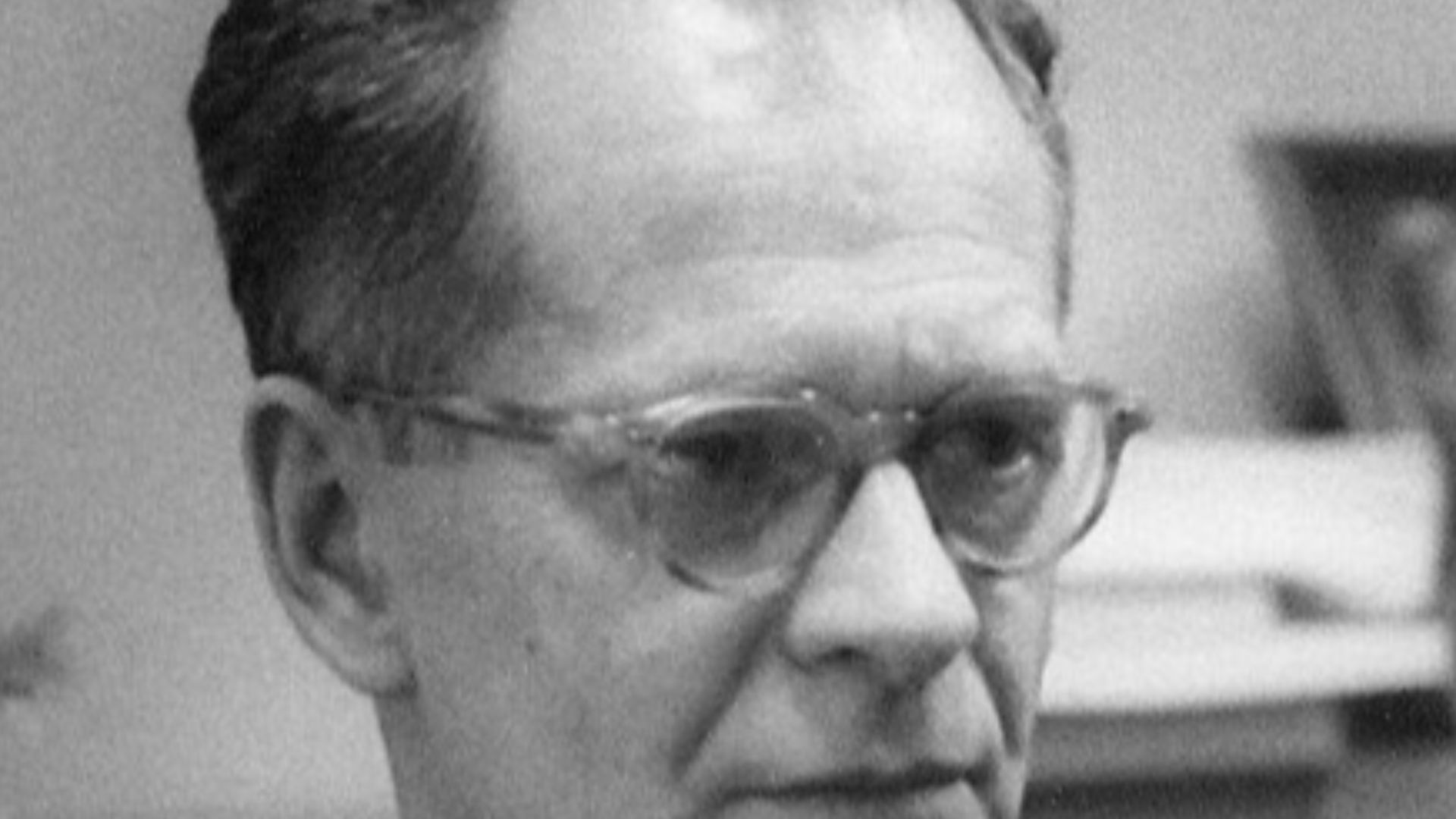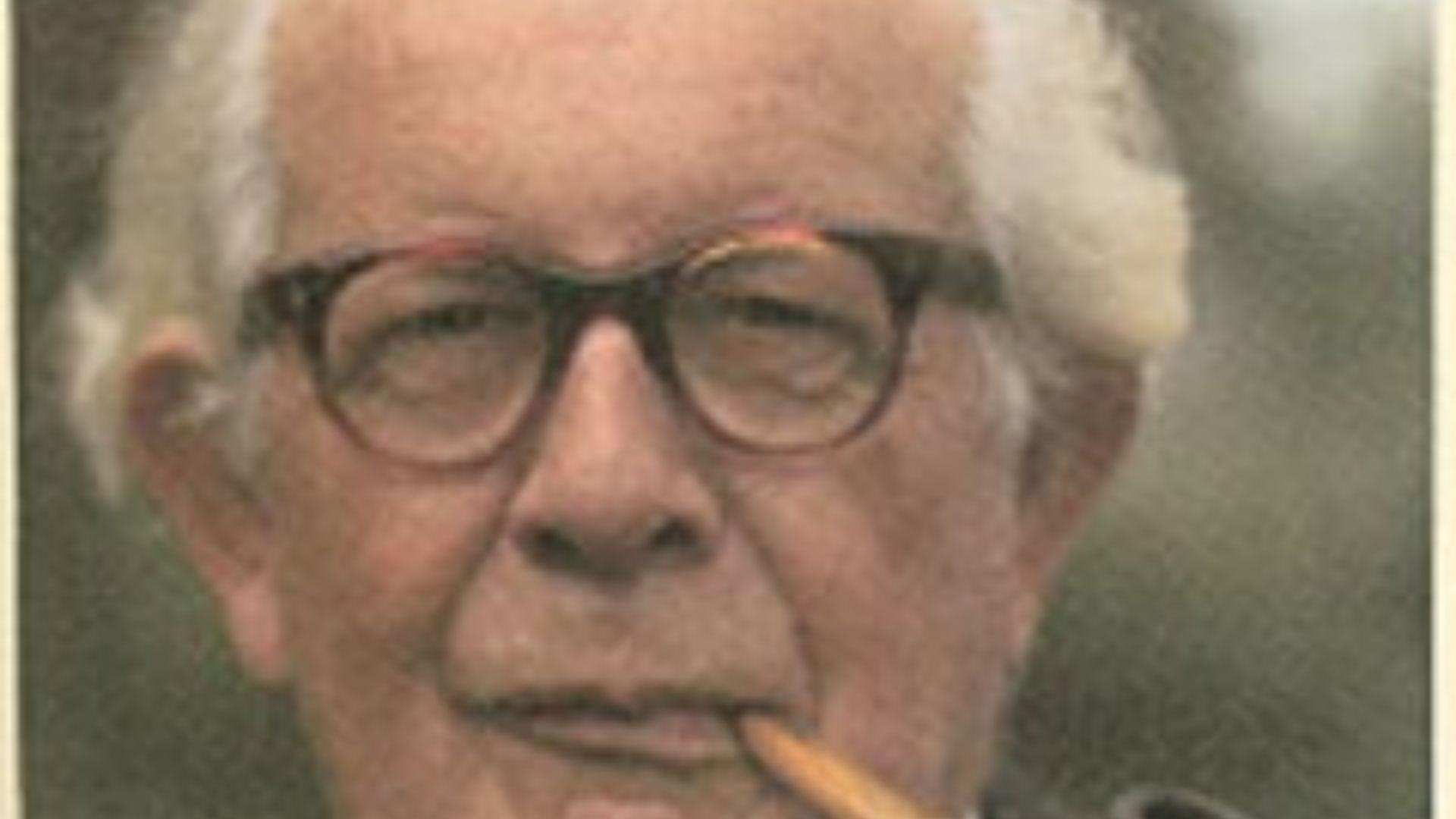Are You a Jungian or a Freudian?
Psychologists have shaped our world in many ways. They have provided insight into our psyches and helped us better understand our behavior. Many psychologists have influenced modern mental health practices, education, and therapy. Here are 20 of the most influential psychologists in history.
1. Wilhelm Wundt
This German psychologist is considered "the father of experimental psychology". He established the first psychology laboratory in 1879, which separated psychology from philosophy, and laid much of the foundation for later prominent psychologists
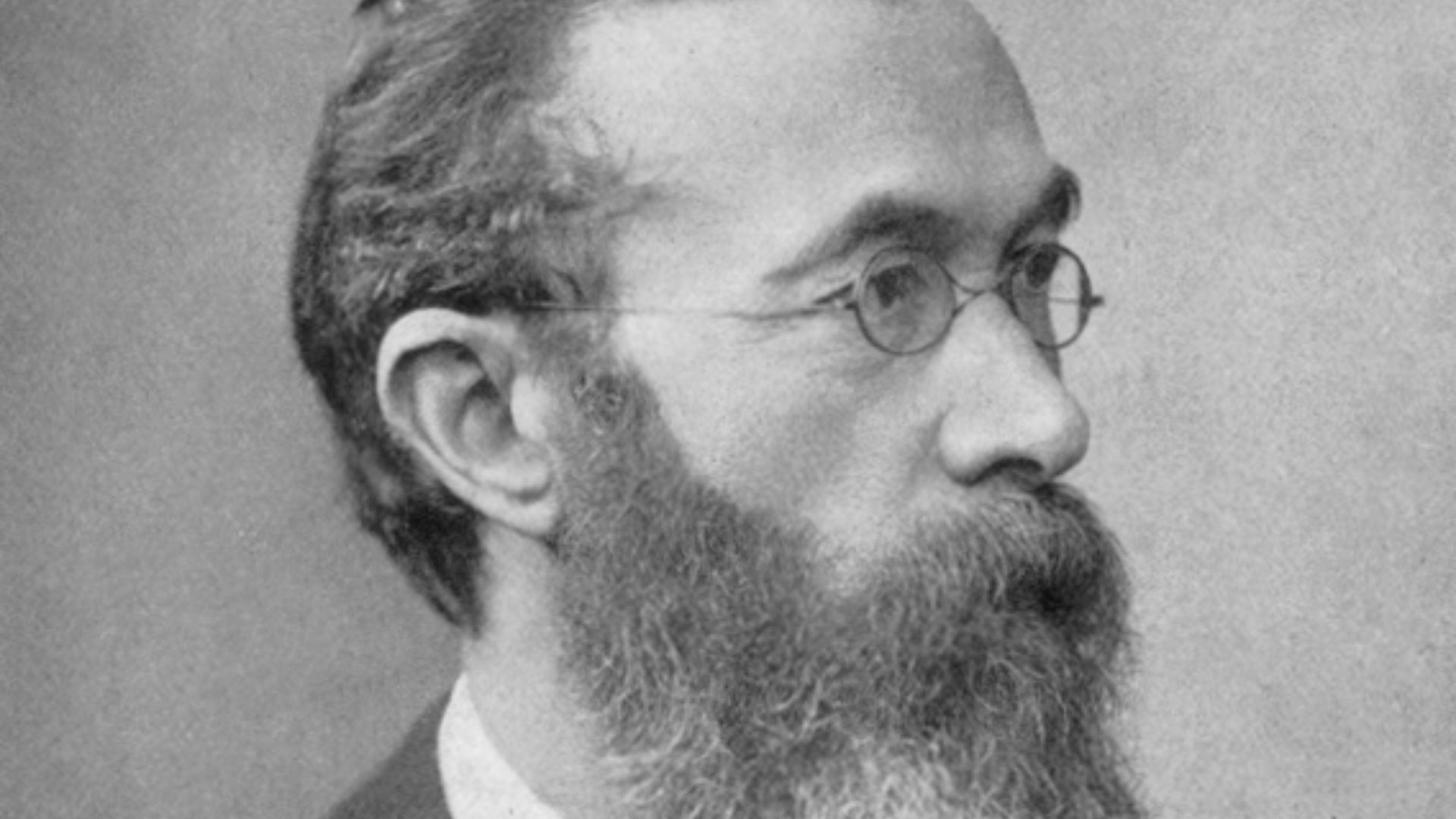 Unknown authorUnknown author on Wikimedia
Unknown authorUnknown author on Wikimedia
2. William James
James was an American philosopher and psychologist whose book, "The Principles of Psychology," introduced functionalism, which emphasized how mental processes enable environmental adaptation.
3. Sigmund Freud
Freud is arguably the most renowned psychologist of all time. He is the founder of psychoanalysis, and he revolutionized our understanding of how our childhoods influence our adult behavior. His theories were controversial, but proved to be invaluable to modern psychology. It's fair to say that Freud is the iconic face of psychology.
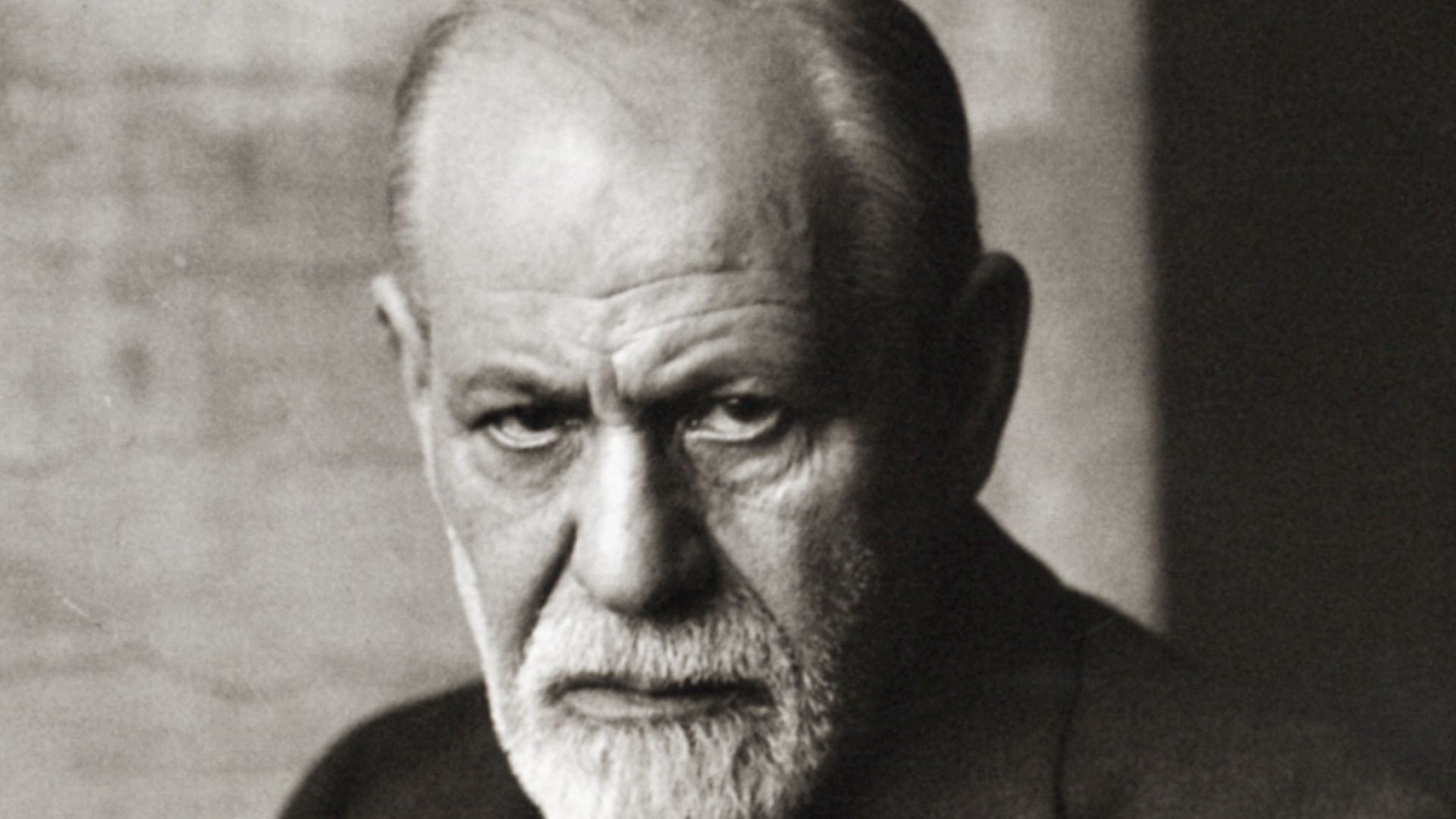 Ferdinand Schmutzer on Wikimedia
Ferdinand Schmutzer on Wikimedia
4. Carl Jung
Jung was Freud's student and eventually became a pioneer of psychology. He introduced many concepts, such as the collective unconscious and archetypes. His career and work influenced personality psychology, therapy, and even art. Jung's work influenced generations of psychologists, especially those who were not fully convinced of the validity of Freud's work.
 Priscilla Du Preez 🇨🇦 on Unsplash
Priscilla Du Preez 🇨🇦 on Unsplash
5. Alfred Adler
Adler was the founder of individual psychology. He emphasized social factors and the drive for superiority as building blocks of human behavior. He also pushed the concepts that birth order and community shaped one's personality.
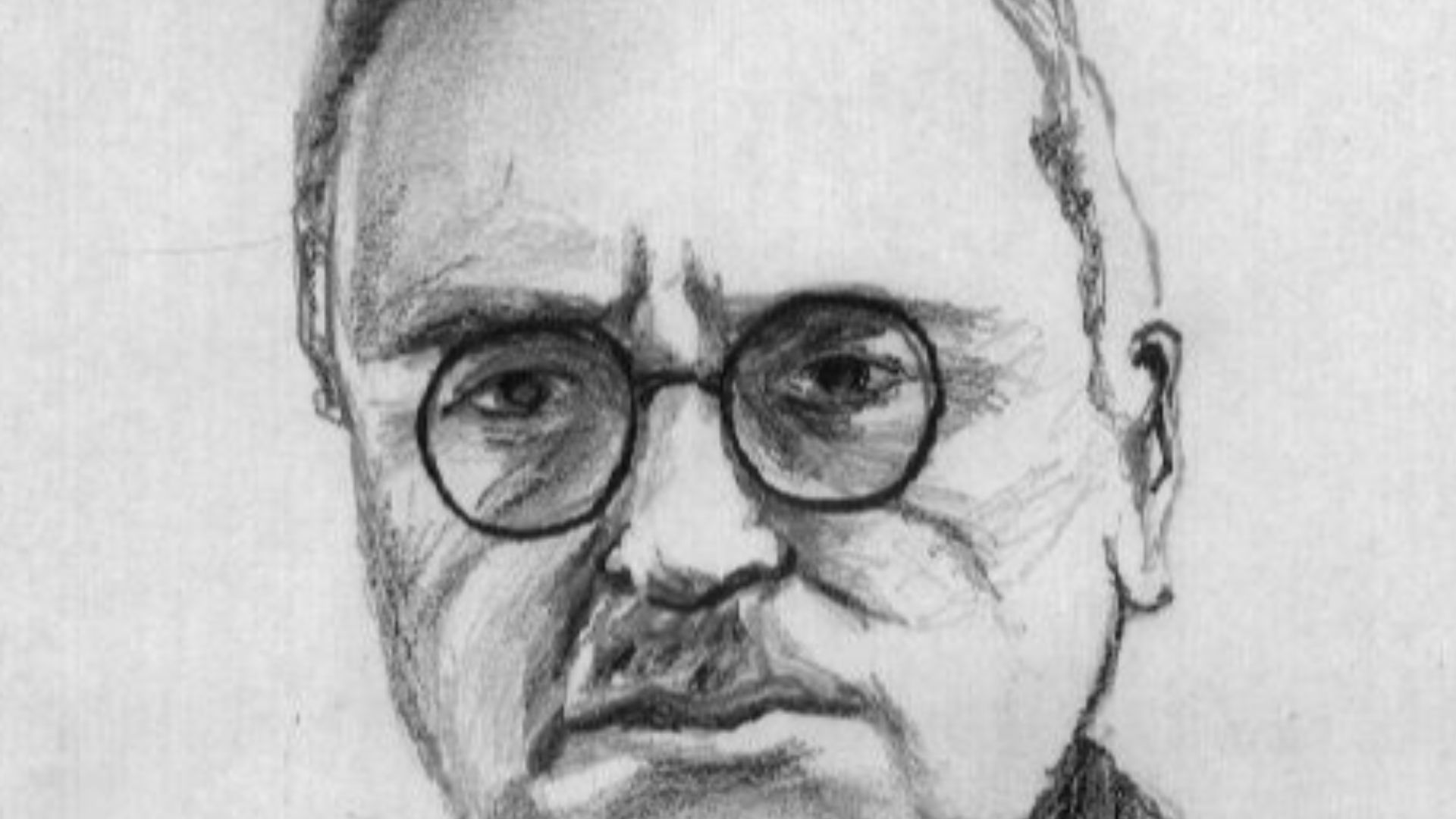 Ixitixel at German Wikipedia on Wikimedia
Ixitixel at German Wikipedia on Wikimedia
6. Ivan Pavlov
Pavlov is a pillar of psychology thanks to his discovery of classical conditioning. His experiments with dogs proved that conditioned reflexes were part of the foundation of our behavior. We better understand our behaviors and addictions because of Pavlov and his dogs.
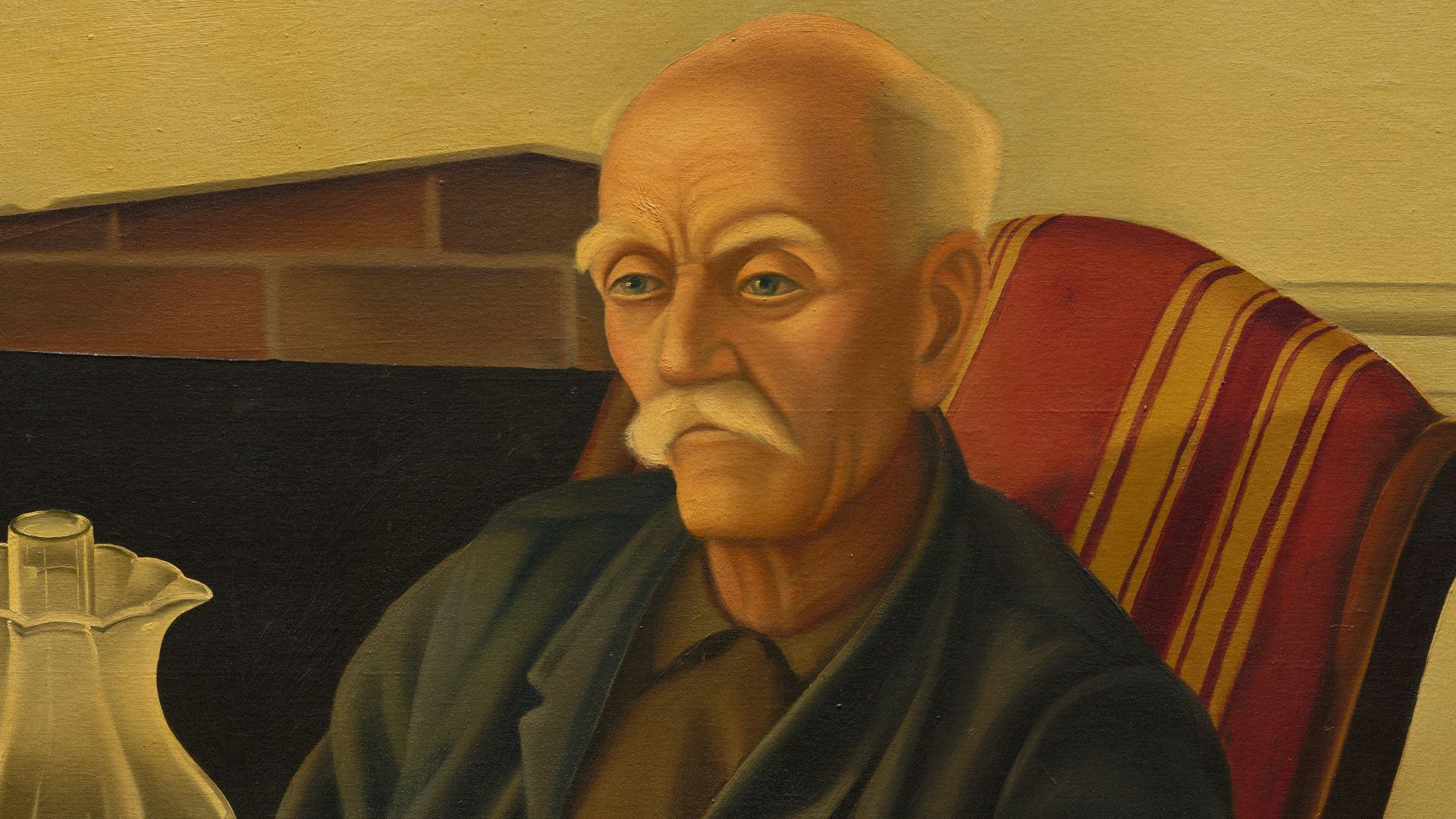 The Cleveland Museum of Art on Unsplash
The Cleveland Museum of Art on Unsplash
7. John B. Watson
Watson was the founder of behaviorism and rejected introspection in favor of observable behavior. His "Little Albert' experiment showed conditioned emotional responses. His main focus was on environmental influence and learning theory.
8. B.F. Skinner
Skinner was a driving force behind the advancement of behaviorism thanks to his research on operant conditioning. His work demonstrated how reinforcement and punishment shaped behavior. His "Skinner Box" changed experimental psychology, providing a more thorough understanding of why we act the way we do.
9. Jean Piaget
Piaget is one of the most influential psychologists in history because of his theory of cognitive development in children. He redefined the perspective of educators and psychologists on learning and intelligence. His work continues to influence education systems in many corners of the globe.
10. Lev Vygotsky
Vygotsky was a Russian psychologist who brought to fruition the notion that culture and social interaction are key to cognitive development. His concept of the "zone of proximal development" revolutionized modern education around the world.
11. Erik Erikson
Erikson was a German/American psyhoclogist whose work expanded on some of Freud's theories, and his concepts on identity formation contributed to shaping developmental psychology and education. He conceived of the idea of the identity crisis.
12. Carl Rogers
Rogers' contributions to psychology should be far more well-known. He is the founder of person-centered therapy, which focuses on empathy, unconditional positive regard, and a patient's potential for growth. His approach was humanistic and changed education, psychotherapy, and even leadership models.
 Open_Arms_Initiative on Pixabay
Open_Arms_Initiative on Pixabay
13. Abraham Maslow
Maslow is a titan in the world of psychology. His work focused on the hierarchy of needs and how self-actualization was the apex of motivation. He inspired positive psychology, and much of his humanistic work has been used in sales and business operations. His influence is widespread throughout society and culture.
14. Albert Bandura
Bandura conceived and introduced social learning theory into mainstream psychology. He emphasized observation and modeling. His Bobo Doll experiments showed how children can learn aggression through imitation. He also developed the concept of self-efficacy.
15. Edward Thorndike
Thorndike, an American psychologist, devoted his research and work to learning, and his law of effect was foundational to behaviorism. He worked with puzzle boxes and cats, and this research led to a better understanding of the role of reinforcement in learning. He was also influential in the area of testing.
 Fajar Herlambang STUDIO on Unsplash
Fajar Herlambang STUDIO on Unsplash
16. Francis Gatton
Gatton was a relative of Charles Darwin, and he pioneered the study of individual differences, psychometrics, and statistics. He garnered controversy for his role in eugenics, but his work helped in the areas of psychological measurement and testing.
17. Hermann Ebbinghaus
A German psychologist, Ebbinghaus, conducted revolutionary research on memory and conceptualized the forgetting curve and spacing effect. His experiments were meticulous and helped establish memory as a legitimate area of study for psychologists.
 christopher lemercier on Unsplash
christopher lemercier on Unsplash
18. Max Wertheimer
Wertheimer is the co-founder of Gestalt psychology. He focused his work on proving that perception is holistic and greater than the sum of its parts. He was a major influence on modern cognitive psychology and perception research. His work lingers to this day as an influential part of the field of psychology.
 Antoni Shkraba Studio on Pexels
Antoni Shkraba Studio on Pexels
19. Kurt Koffka
Following in Wertheimer's footsteps, Koffka was an influential Gestalt psychologist. He advanced vital theories of perception and learning, and was able to apply them to child development convincingly. His efforts widened the sphere of influence of Gestalt psychology to include learning and education.
20. Hans Eysenck
Eysenck was a central and major figure in personality psychology. He developed models of highly influential personality dimensions, including extraversion and neuroticism. He helped shape clinical psychology through his work on behavioral therapy.
KEEP ON READING

The Clueless Crush: How I Accidentally Invited a Hacker Into…
Fluorescent Lights and First Impressions. My name is Tessa, I'm…
By Ali Hassan Nov 4, 2025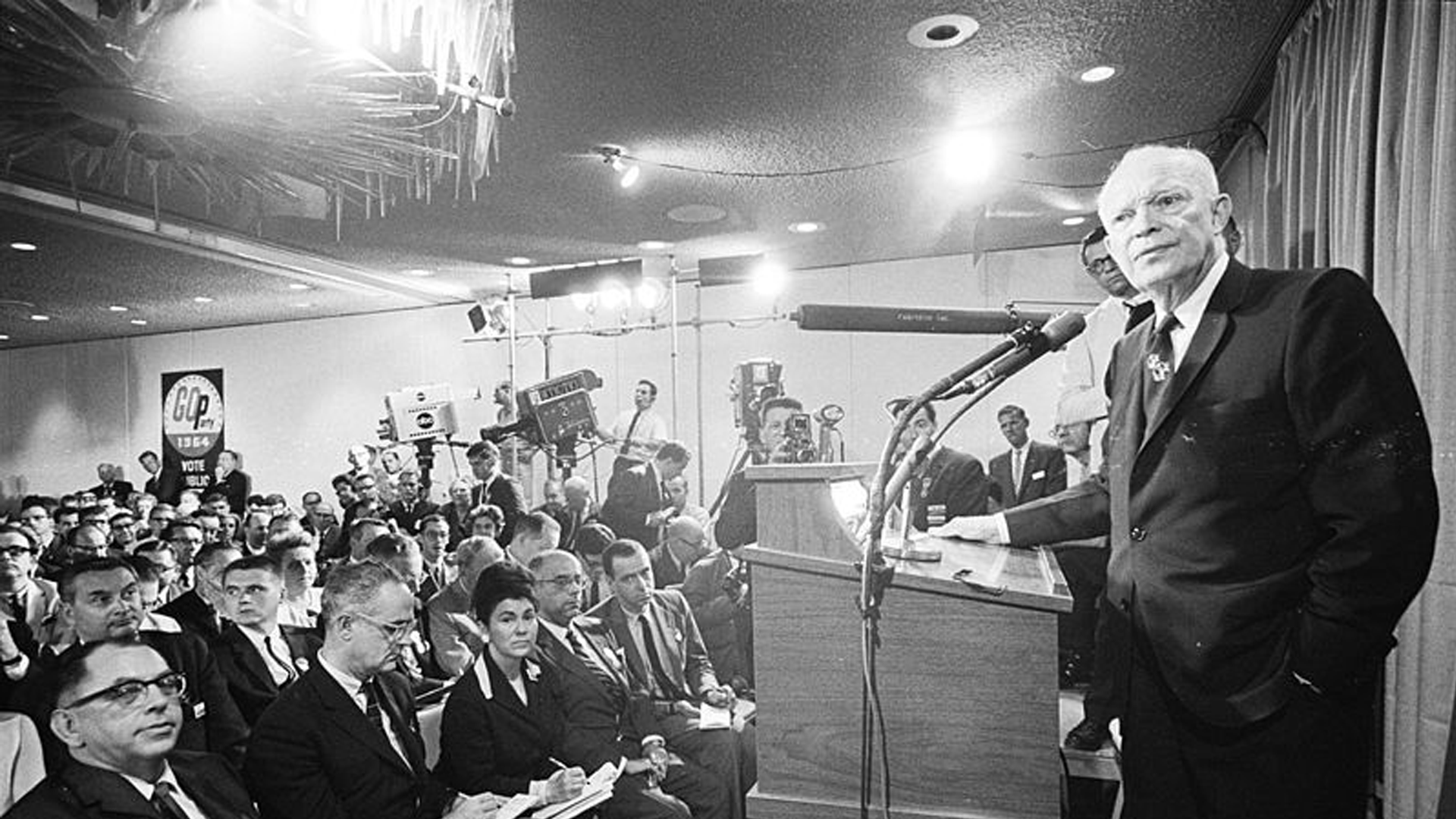
20 Important Names From World War II You Should Know
Key Players From World War II (For Good or Bad).…
By Cathy Liu Nov 7, 2024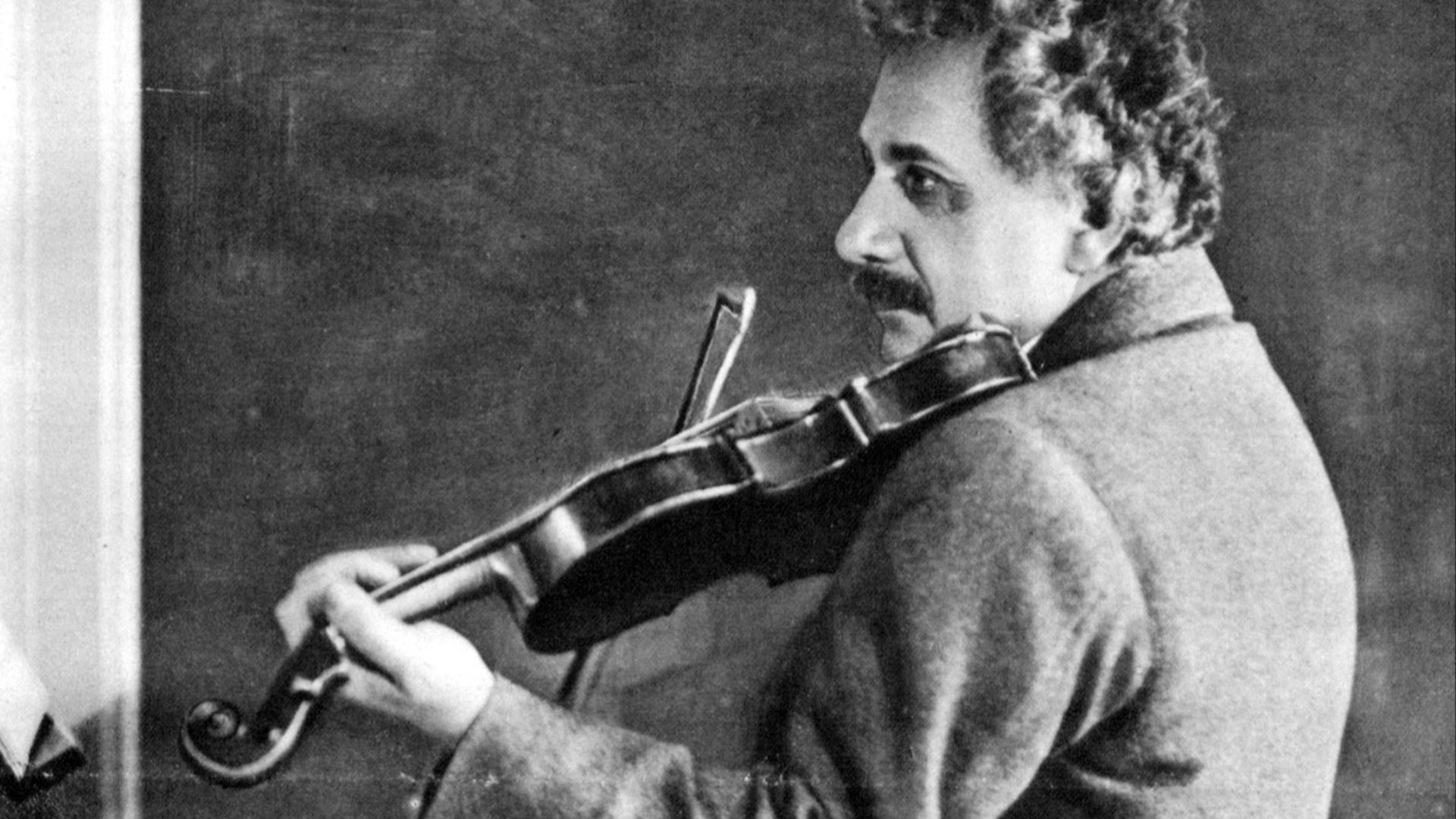
Einstein's Violin Just Sold At An Auction—And It Earned More…
A Visionary's Violin. Wanda von Debschitz-Kunowski on WikimediaWhen you hear…
By Ashley Bast Nov 3, 2025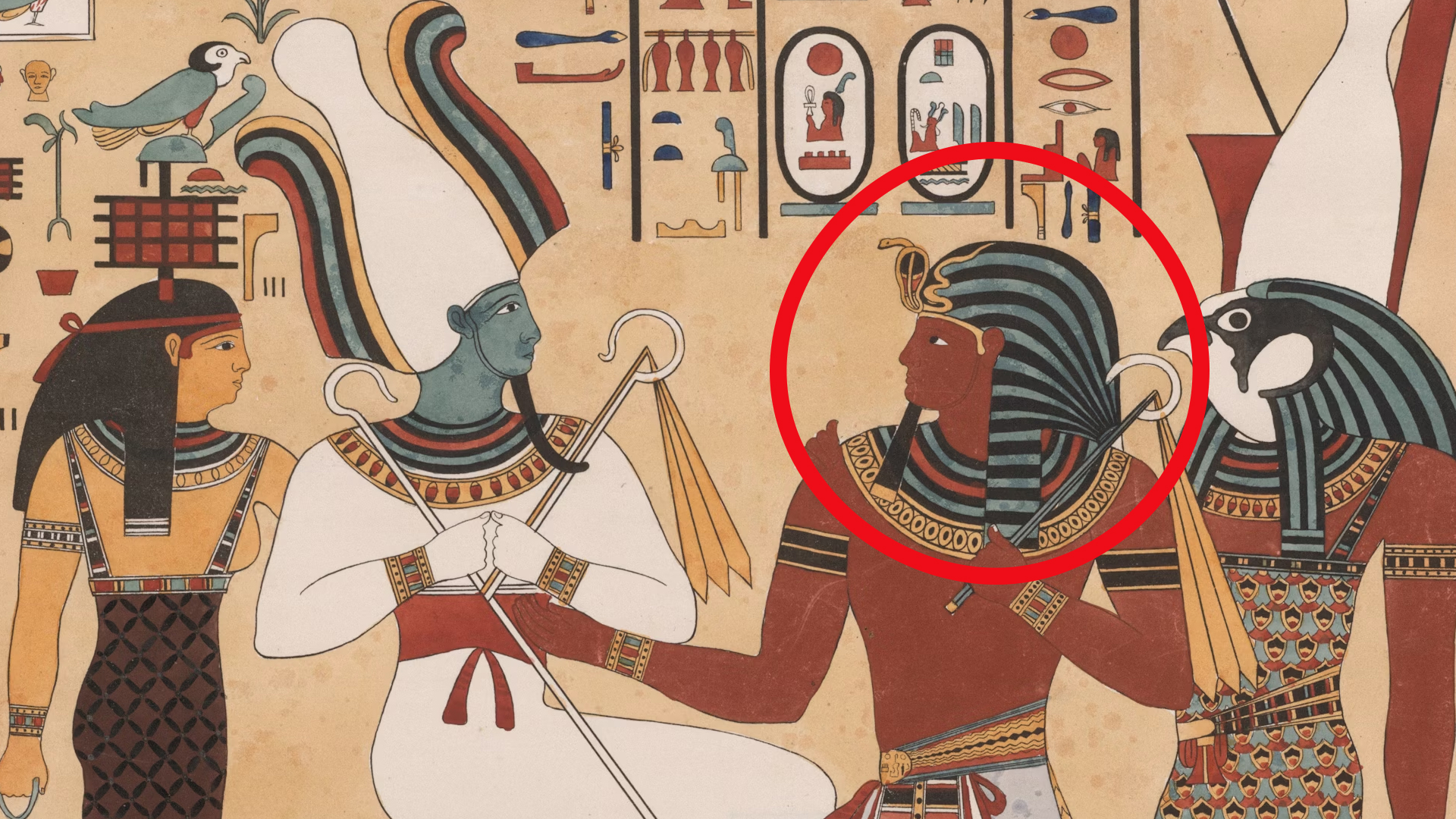
The Mysterious "Sea People" Who Collapsed Civilization
3,200 years ago, Bronze Age civilization in the Mediterranean suddenly…
By Robbie Woods Mar 18, 2025
20 Inventors Who Despised Their Creations
Made It… Then Hated It. Inventors often dream big, but…
By Chase Wexler Aug 8, 2025
20 Incredible Items In The British Museum People Say Were…
Mystery In History. The mighty halls of the British Museum…
By Chase Wexler Sep 8, 2025




